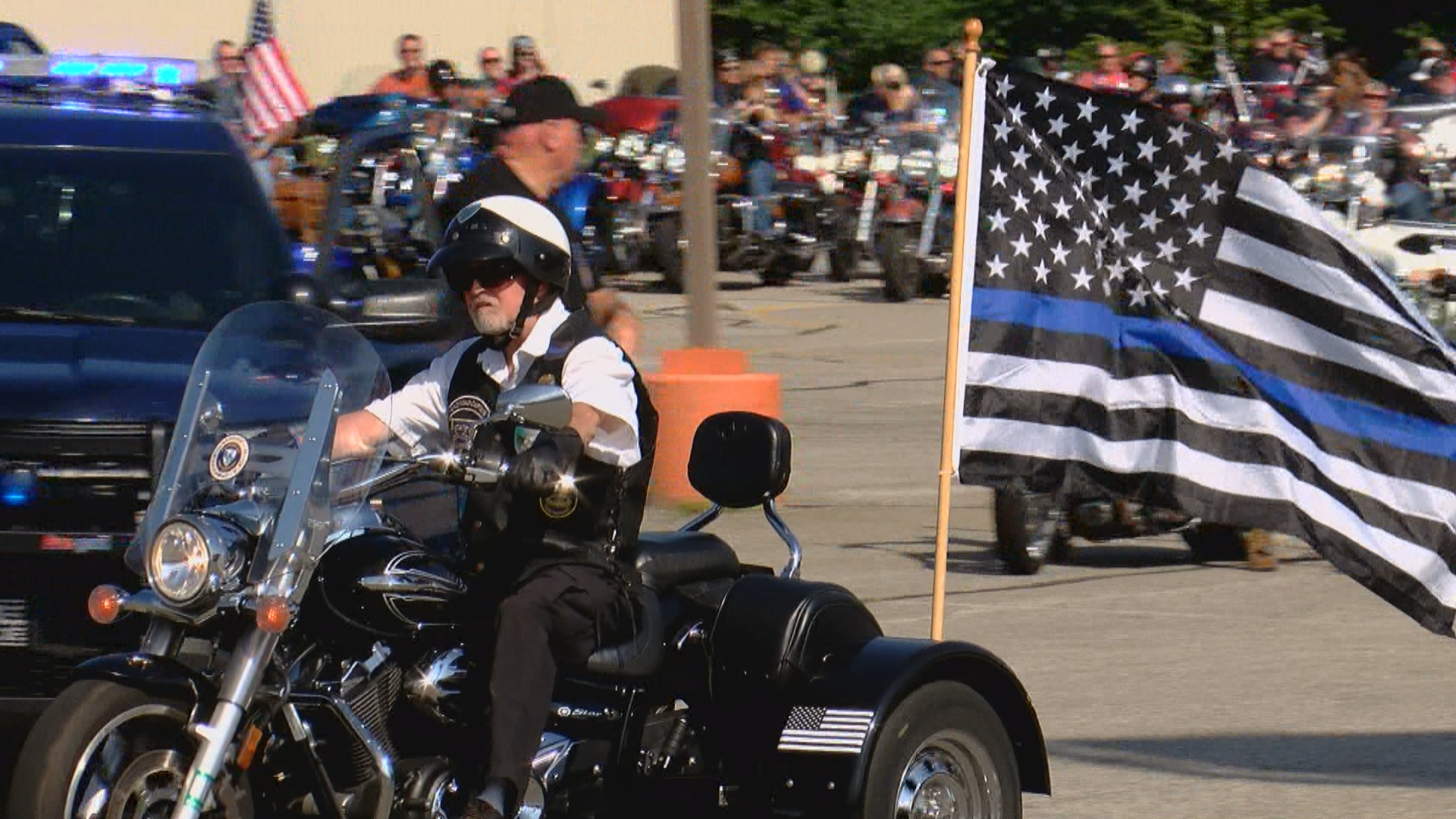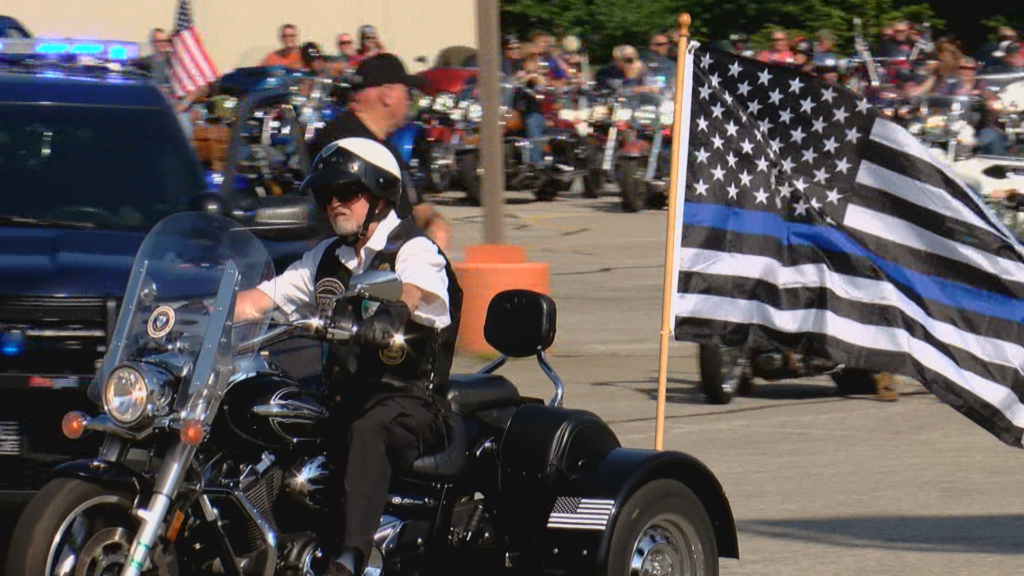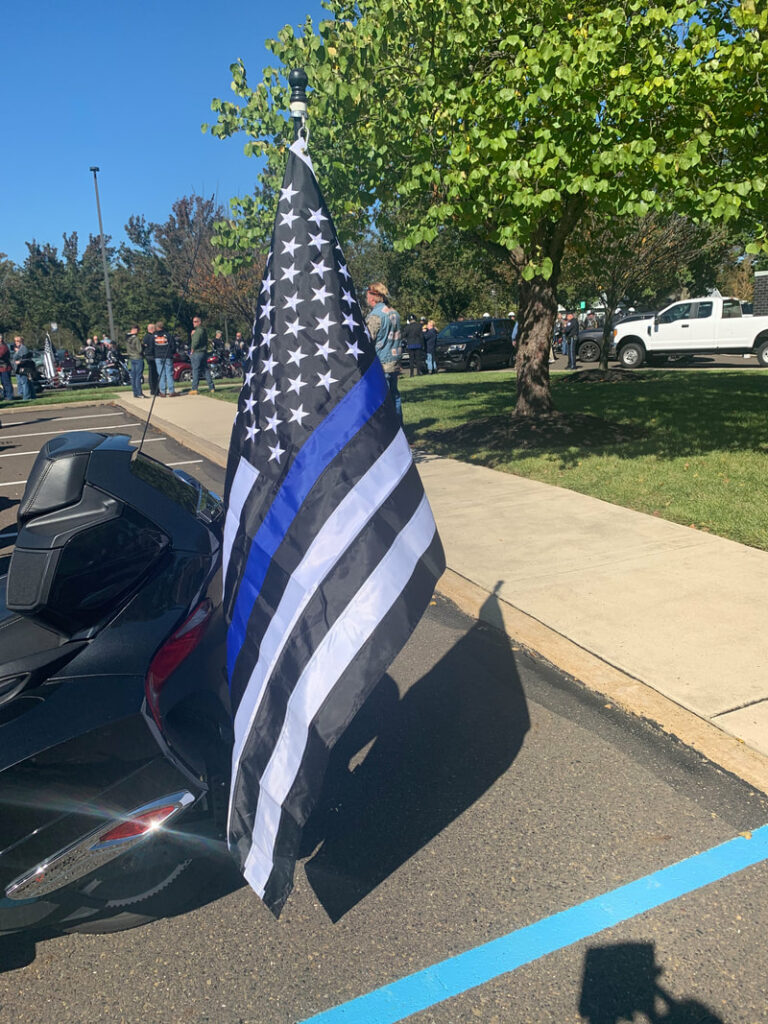GIORDANO: Attack on Cops in Springfield Is Just the Beginning

County Commissioners Chair Dr. Valerie Arkoosh announced last week she is leaving Montco to head the Human Services Department in Gov.-elect Josh Shapiro’s new administration.
I have said for many years she perfectly orchestrated the progressive policy changes that are appearing across the Philadelphia suburbs. It was certainly not meant as a compliment.
She clearly showed her ideology and tactics during COVID. She sent up a “snitch” line to report businesses that were not following her severe masking restrictions. She also shut down all schools in Montgomery County for an extended time after the Thanksgiving holidays (in 2020) without any evidence of a surge in COVID infections.
Arkoosh’s policies show Montgomery County has become Little Philadelphia. This fact played out last week in Springfield Township, a bedroom community bordering Philadelphia that now mirrors the woke insanity of the dysfunctional city. My theory is the more educated and affluent liberals escaped Philadelphia due to crime, high taxes, and lousy schools.
After a bitter debate, township commissioners voted 5 to 2 to ban the Thin Blue Line American Flag on the township’s property or even visibly on the skin of any township employees while on duty. The rationale was that some township residents feel that flag has been usurped by white supremacist groups and appeared to them to support the systemic oppression of certain members of the community. I heard some residents cite a survey that some community members of color did not trust the police.
What do cops say about this? I attended the commissioners’ meeting when the vote occurred, and the cops and their supporters were outraged and hurt by this nonsense.
How the progressive movement’s leaders slurred cops at the meeting reminded me of a woman’s pottery class from Santa Fe that was visiting suburban Philadelphia. For them, this was a great moment of virtue signaling.
In the aftermath of this vote, I interviewed Sean Cullen, solicitor to the Police Chiefs Association of Montgomery County. We discussed how this flag banning will spread to the rest of suburban Philadelphia. The Thin Blue Line Flag sends the message that police are putting their lives on the line daily to protect us against anarchy. How many professions can make that claim?
What happened last week in Montco is why many places are having trouble recruiting police officers. The cops have long recognized that Philadelphia and Philadelphia District Attorney Larry Krasner, along with progressive mayoral candidate Helen Gym, don’t have their backs. Instead, they have their figurative knives out to backstab the cops.
The Springfield vote indicates that the same mentality is starting to take root in the suburbs.
The other disturbing trend here is if a small group of people has a feeling or perception that some symbol is hateful or harmful to them, then that’s all that matters. This is a prominent mantra of progressives.
A case in point: Villanova University was recently in full meltdown mode when police officers at the Law Enforcement Run for Special Olympics Pennsylvania carried the Thin Blue Line Flag. Emergency meetings were called and counselors were made available to talk out the feelings triggered.
The administration reminded everyone, “ We are all in this together.” My response is no, you’re not. You are not supportive of the police. You are making a hard job almost impossible.
However, endorsing the good that comes from this symbol does not excuse all police behavior.
It merely states an objective message that every town should embrace: The police and their thin blue line protect us all from anarchy, crime, and chaos.
Please follow DVJournal on social media: Twitter@DVJournal or Facebook.com/DelawareValleyJournal





